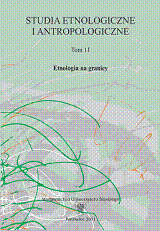

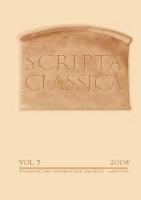
Keywords: Classical studies; research projects; Department of Classics; Faculty of Philology; University of Silesia in Katowice
The jubilee of 15 years (1992–2007) of the classical studies at the University of Silesia in Katowice became the occasion to present the circumstances of the creation and systematic development of the Department of Classics at the Faculty of Philology. The article also presents the main directions of the studies and the academic and didactic achievements of the Department.
More...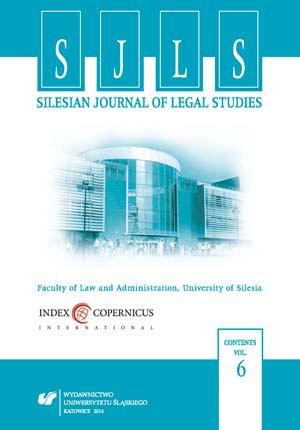

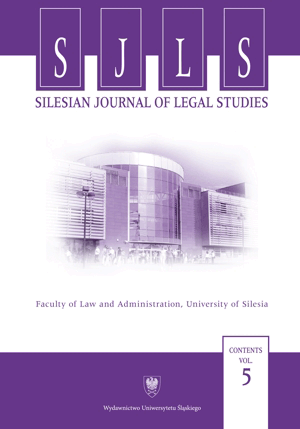

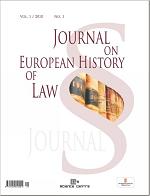
Keywords: Moravia; Silesia; arms
Moravia and Silesia are historical lands which nowadays create the eastern part of the Czech Republic. Nevertheless, the major part of Silesia belongs to contemporary Poland, a smaller part belongs to Saxony. Moravia as a margraviate and Silesia as a duchy belonged as integral parts to the Holy Roman Empire and were feudally dependent on the Czech king, later on the Habsburg and Prussian state. Their historical lines projected in that aspect that their coats of arms exist in two versions.
More...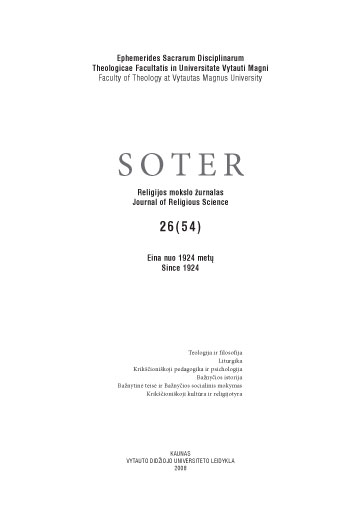
Keywords: Silesia; Katowice; Conference; inter-religious dialogue; civilizations; globalization.
The conference proceeded in a constructive and warm atmosphere. Interesting, informative and many-sided presentations were completed by in-depth discussions. The conference revealed that inter-religious dialogue is a communicative and investigative process, that needs both: expressing oneself and understanding the other. If inter-religious dialogue includes openness to learning from each other’s experience, wisdom and knowledge about faith and spirituality, and a spirit of humility and benevolence as well as willingness to be self-critical, inter-religious dialogue is very beneficial and effective.
More...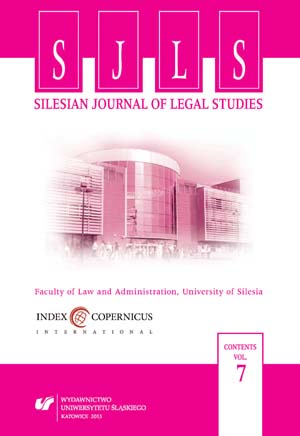

Keywords: university; psychoanalysis; unconscious; personality
The importance of the study of psychoanalysis in the university, the social-humanistic faculties, is emphasized by the graduates of these faculties, arrived in the labor market. As a study discipline, psychoanalysis offers a profound vision over the human personality, granting the proper importance to the unconscious and its influence over the conscious. Also it's the discipline that approaches the depths of the human being, having in its object of study the will, the dream, the libido, the psychosexual identity. Studying psychoanalysis, the social-humanistic faculty graduate, who will activate in a social, educational, or medical field, will have a much better approach in the relations with the beneficiary of he’s work, having at the base a solid system of knowledge and a profound understanding of the others personality, as well as he’s own.
More...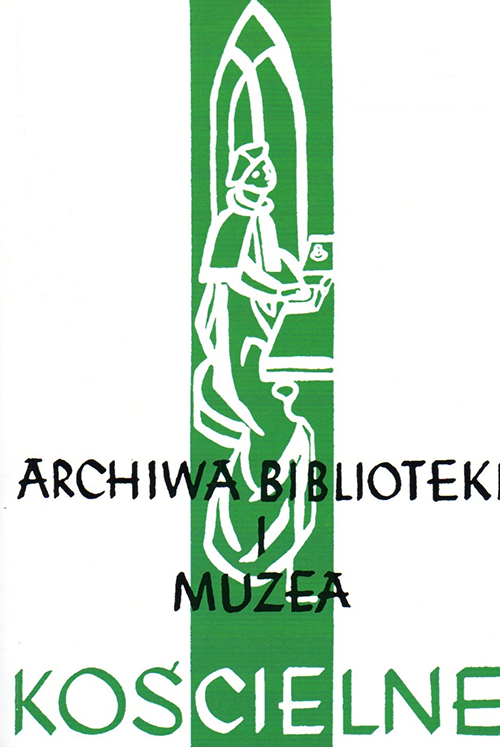
Keywords: the Catholic University of Lublin; chancery-archive norms; chancery instructions; the chancery system; documents flow; chancery; registry
Modern chancery of case records is run using the chancery system based on registering particular cases. This system is built on three important chancery-archive norms, which include chancery instructions, a uniform list of records (which is often the annex to chancery instructions) and archival instructions. Without these regulations the smooth functioning of a modern chancery and an institutional archive (records repository) is almost impossible.Chancery instructions are the ones which play an important role, as their primary function is to establish the rules and procedures for performing chancery tasks in the institution and to standardize the handling of documentation produced by the institution. The proper design of this normative undoubtedly improves the functioning of institutions, optimizes document management processes, contributes to rationalization and improvement of documents flow within the organization, and streamlines and accelerates the process of performing things. This norm is also needed in higher education, especially at universities. Chancery of the university (understood as a whole organizational unit performing formal and substantive chancery tasks), due to extensive structure of such an institution, is heavily fragmented. It is a legal requirement to have properly constructed chancery instructions (but also other norms) in the case of state universities. In the case of the Catholic University of Lublin John Paul II there is no legal coercion, but certainly the advantages of using these norms were the basis for its introduction by the Rector of the Catholic University 21 December 2001. The article presents the comparison of the introduced chancery instructions with similar norms in two Polish universities, namely Maria Curie-Skłodowska University, and the University of Silesia. The most important finding of this comparison is recognition of the necessity of issuing new chancery regulations at the Catholic University of Lublin.
More...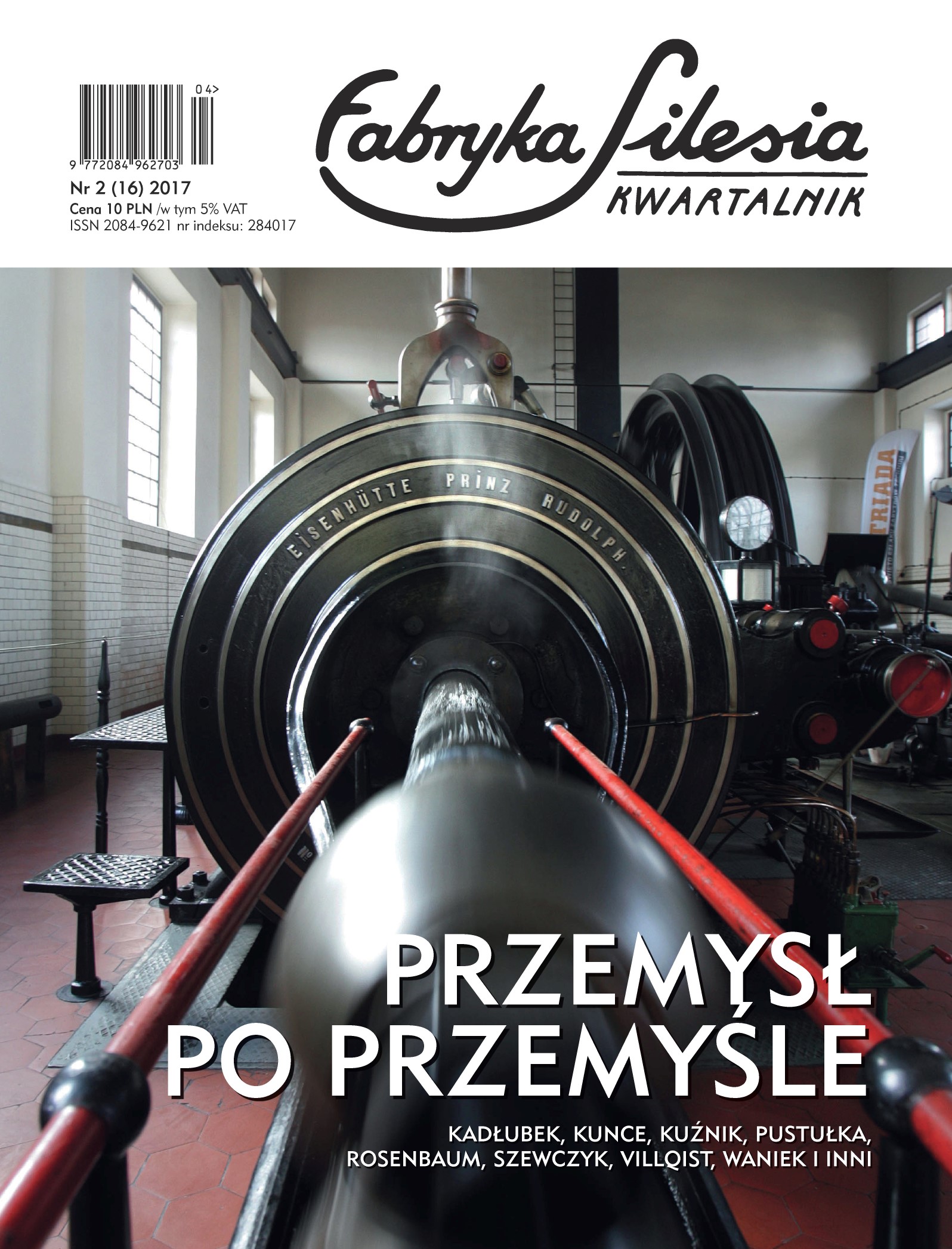
Keywords: katowice;silesia;design;
It has probably travelled through all the major festivals and design fairs. Hundreds of photos have been taken. It has even become a symbol of design in Silesia. What is it? It’s a coal jewelry from Pracownia bro.Kat atelier from Katowice. Objechała chyba już wszystkie najważniejsze festiwale i targi designu. Zrobiono jej setki zdjęć. Stała się wręcz symbolem projektowania na Śląsku. O czym mowa? O biżuterii z węgla katowickiej Pracowni bro.Kat.
More...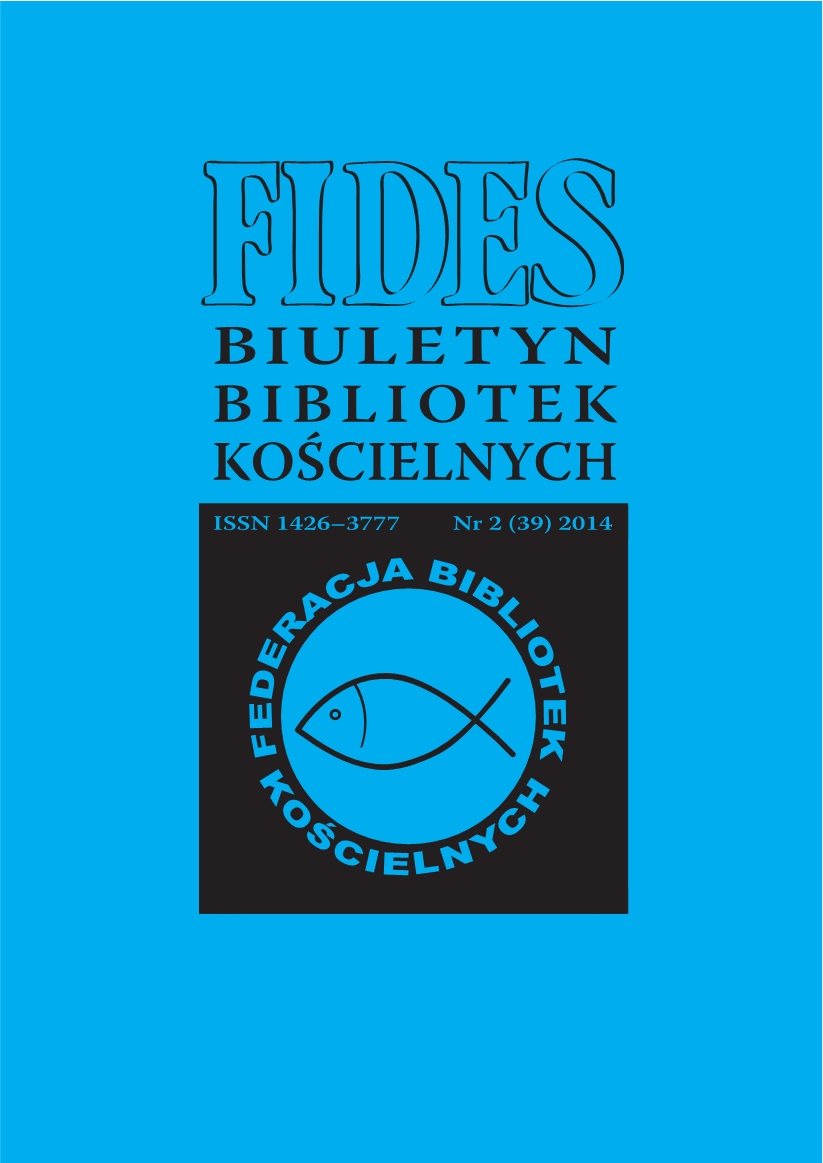
The didactic off er for the students of theology and family studies carried out by the Theological Library of the University of Silesia was presented in the paper. Library didactic lectures and information user trainings for seminar groups were discussed. Samples of training programme regarded to ways of searching specialist literature were also included. It was noted that the participation in the different trainings helps to increase the users’ information competency.
More...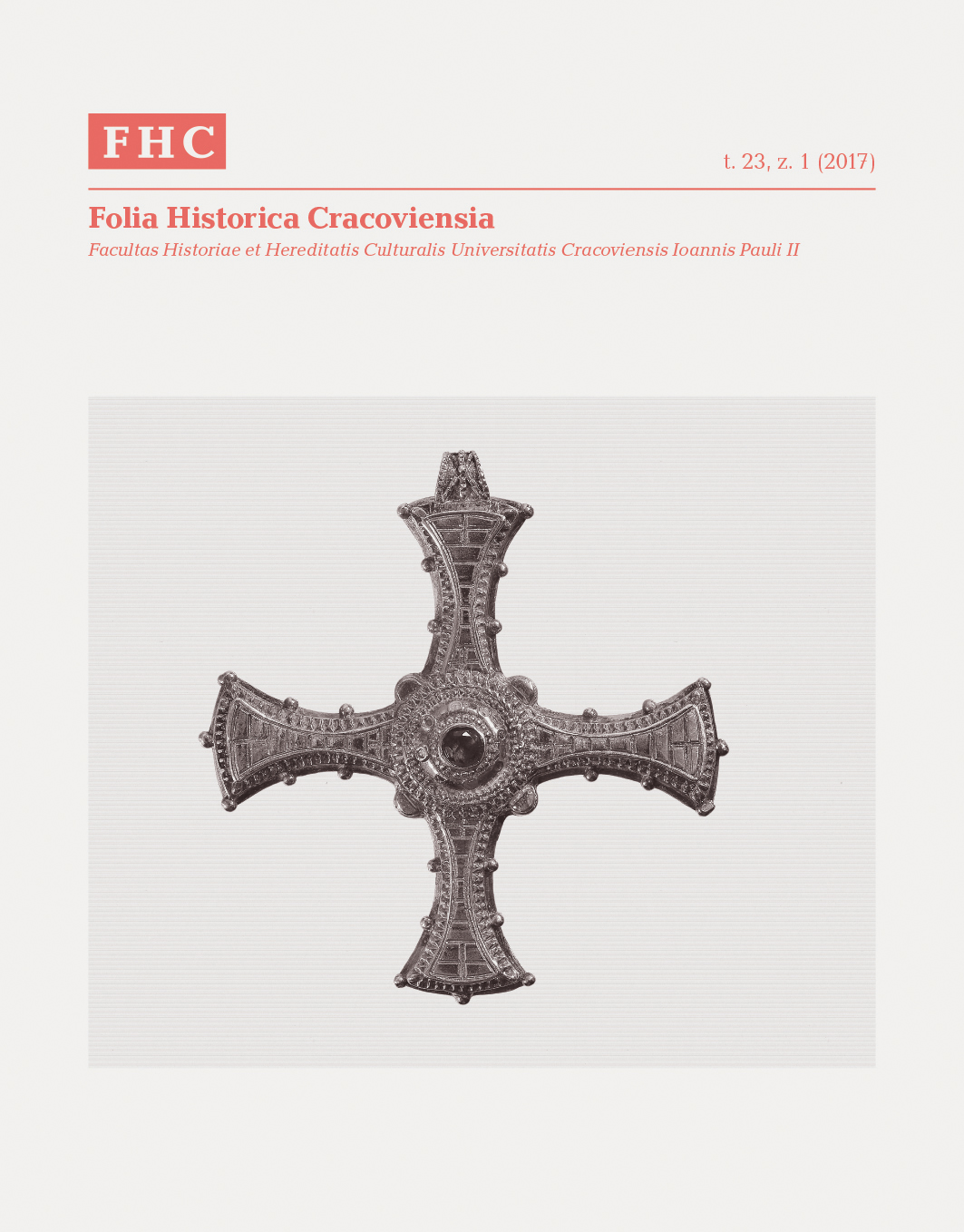
Keywords: St. Wojciech; cult; Opole; Dominicans; chronicle; Middle Ages;
Bishop Adalbert is known under many names but only one source refers to him as the ‘Apostle of Silesia’: a mediaeval chronicle of the Opole Dominicans. Since the World War II the chronicle is lost. The contents of the chronicle were recently reconstructed thanks to an archival research in the manuscript department of the Wrocław University Library, the National Archive in Prague and the Dominican General Archive on Aventine hill in Rome. According to the source, saint Adalbert had visited Opole about 984. In Górka (the Hill) he was supposed to christianize local society and baptize them. When he was run out of baptizing water, the fountain came to the top and lasted till the beginning of the 20th century. Close to the fountain the church dedicated to Blessed Virgin Mary was founded and, according to the chronicle, was the first temple in Opole. In 15th century saint Adalbert has been already worshiped as city’s patron. His cult encircled entire Silesia so term ‘the Apostle of Silesia’ didn’t seem then extraordinary at all.
More...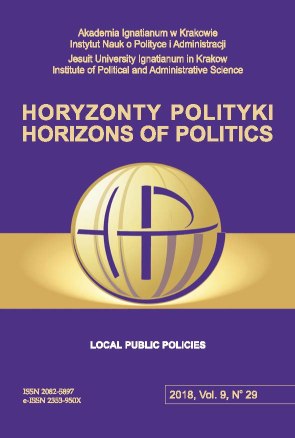
Keywords: big data; education; competences;internet marketing; in depth interview
The main purpose of this paper is to analyze the level of competences among postgraduate students of Big Data, digital marketing and trend-watching specialization at the Department of Journalism, Communication and Technological Studies University of Lower Silesia.
More...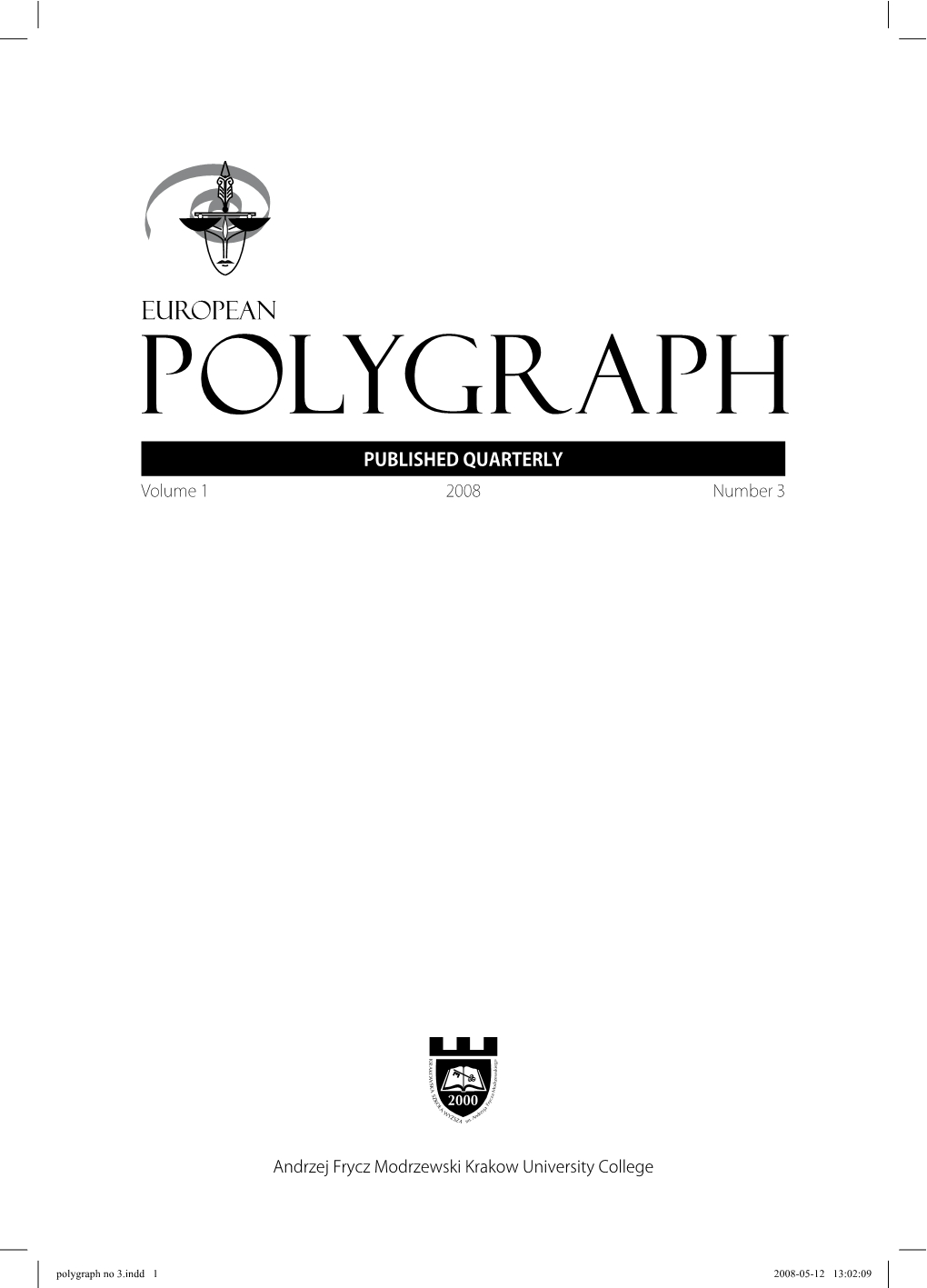
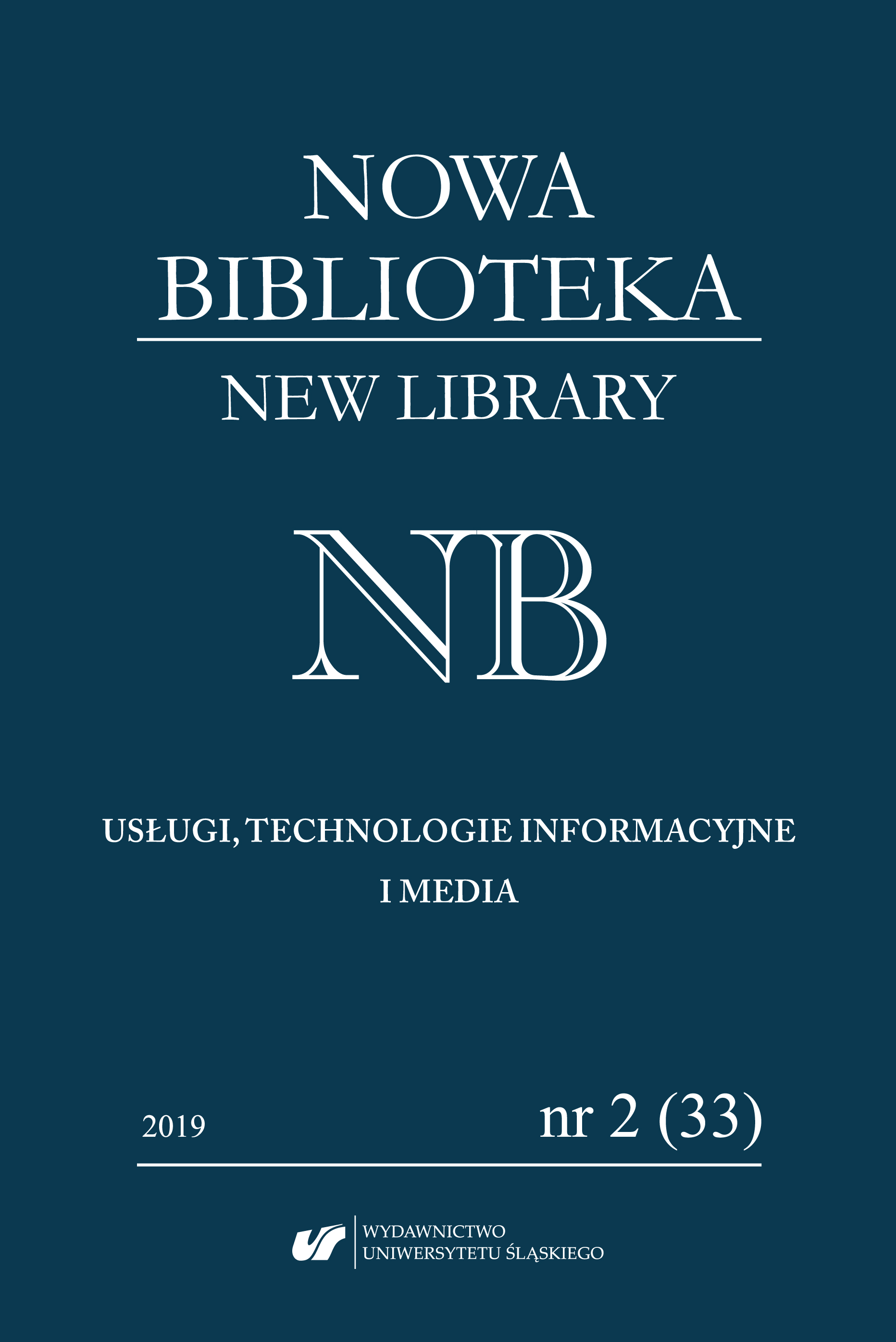
Keywords: Bibliography of the Achievements of Employees of the University of Silesia in Katowice; Employee Portal; Export Procedures; MARC21 Format; ORCID System; Polish National Bibliography (PBN);Repository;
The article concerns the Bibliography of the Achievements of Employees of the University of Silesia in Katowice in the last few years. Changes in the bibliographic database resulting from cooperation with external systems (local and government systems) are presented. Discussed Systems that affect the current shape of the database: Employee Portal, Polish National Bibliography (PBN) and Repository of the University of Silesia in Katowice RE-BUŚ. The following changes were presented: implementation of the MARC21 Format, application of the ministerial publication points in the bibliographic record, export procedures to databases (Polish National Bibliography and Employee Portal). The way of registering the ORCID number is presented and export of publications in the BibTeX format. The method of adding a link to the university’s Repository of the University of Silesia in Katowice RE-BUŚ was indicated.
More...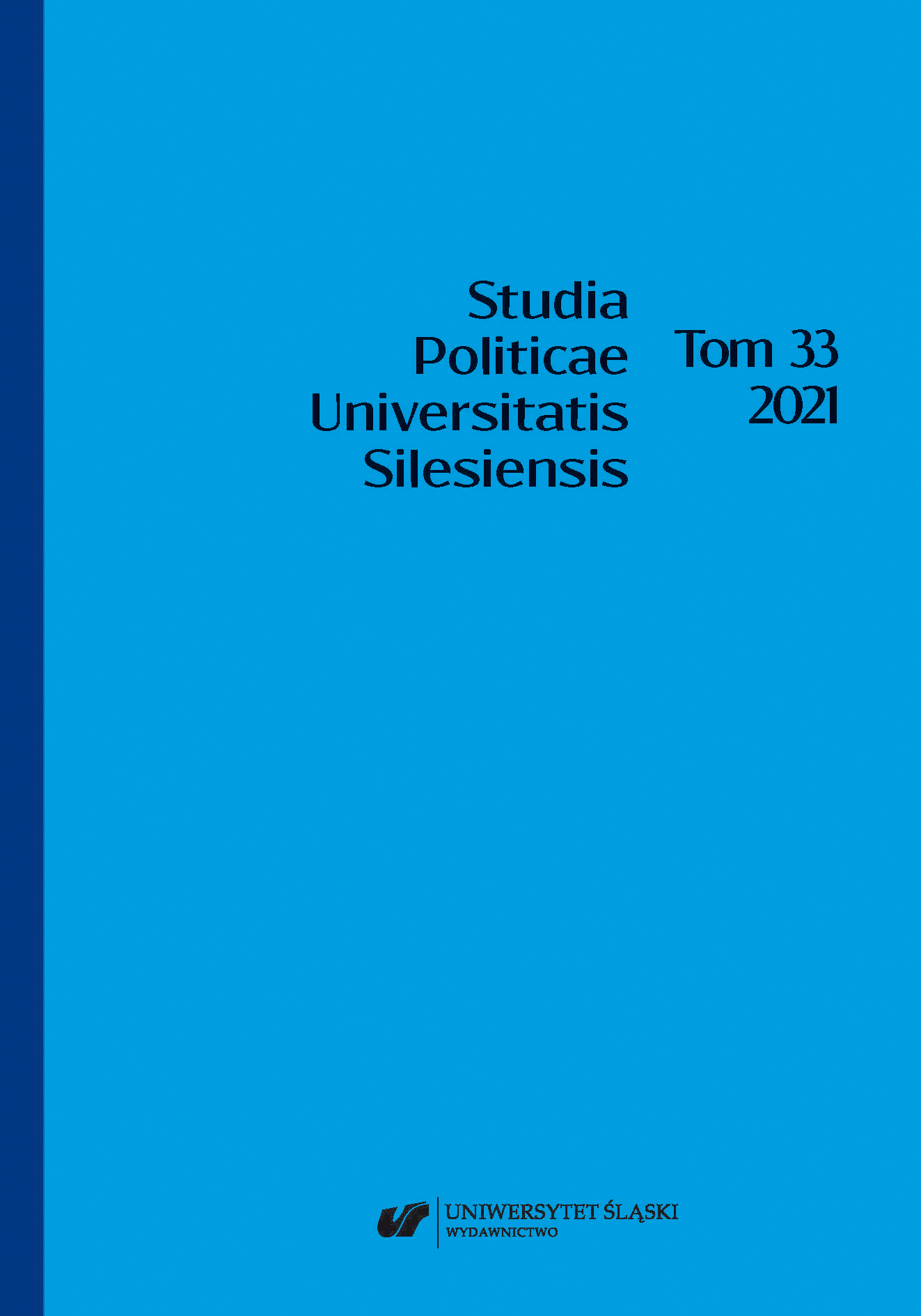
Keywords: changes in universities; a new role of the university; depopulation; brain drain; the University of the Best
The article considers changes taking place at universities. As a consequence of these changes, universities are not only dedicated to student education or science a, but also proactively respond to stimuli from the external environment. As a result, the University of the Best programme for talented students of the region was created at the University of Silesia in Katowice. The assumption is that the programme will be the response of the University of Silesia in Katowice to the depopulation and brain drain related to this process. The purpose of this study is to present the way the University of the Best operates and the results of surveys carried out during Univeristy’s activities. This programme may be a model solution that will be implemented in other academic centres in the future.
More...
Keywords: Cieszyn ethnological center; ethnology; cultural anthropology; Silesia; cultural borderland
The academic center of ethnological research in Cieszyn has a clearly defined profile, which distinguishes it from other centers of this kind in Poland. Its specificity results primarily from the research interests of the staff, which focus on the issues of cultural and ethnic borderlands and on contemporary socio-cultural transformations, including the role of tradition in the life of postmodern communities. The rich and multifaceted achievements over the past twenty-five years of the center’s operation can be seen as an obligation on the part of the researchers encouraging them to make further consistent efforts to consolidate its position on the map of ethnological studies in Poland, to make their research more effective, and to enhance and broaden international cooperation. A materialization of the idea of creating a permanent ethnological research institution in Silesia, the center plays an important and admittedly unique role in integrating research on cultural phenomena and processes in Central Europe.
More...